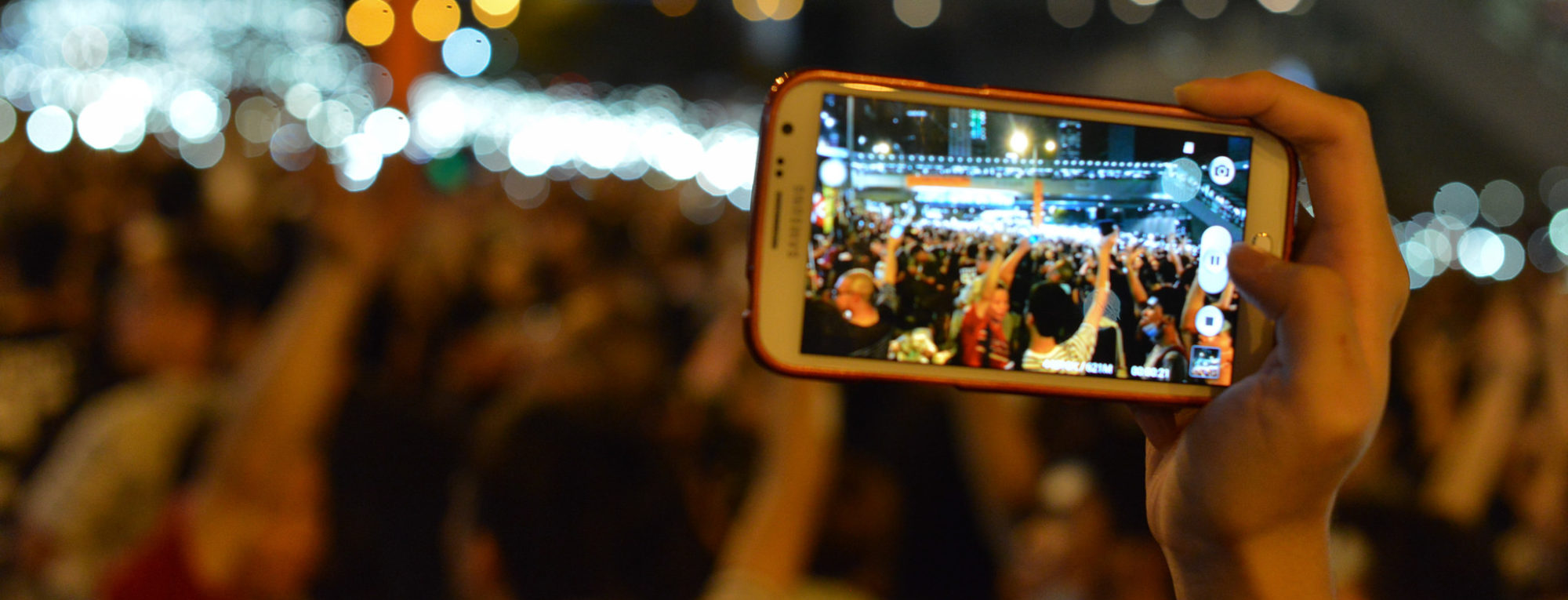The journal Mobile Media & Communication published a paper co-authored by CNSC members Sarah Wagner and Mireia Fernández-Ardèvol titled “Decolonizing mobile media: Mobile Internet appropriation in a Guaraní community.” In this paper, the authors analyze the ways in which a Guaraní indigenous community approaches the project of including mobile media technologies in their everyday lives. Their research reveals the negotiated dynamics of adoption in play as well as constraining factors that hinder their appropriation. This piece sheds light on the complexities projects of digital mobile inclusion may encounter in excluded communities.
Abstract: The Internet has been a valuable resource for many indigenous groups as a vehicle for self-representation. In this paper, we describe how the installation of a Wi-Fi signal in a Guaraní community in Greater Buenos Aires—as part of the community leader’s decolonizing media projects—generated issues within the community. While much indigenous media research concerns the politics of cultural representation, we consider the politics of everyday, intracommunity mobile communication practices. Firstly, our findings show how the choice of communication medium can become a political issue. An upsurge in mobile-mediated communication within the community contributed to the decline of face-to-face deliberations, which were the mainstay of communal sharing arrangements and which held a central position in understandings of Guaraní culture. Secondly, our findings show how discrepancies between users’ communication preferences and the readily available mobile media services can generate a use barrier by deterring users from obtaining the skills needed to effectively appropriate or transform mobile media services. Familiarity with a few mainstream social media apps not only reinforced imaginaries of the Internet as a nonindigenous space but also generated set ideas of what the Internet supports in terms of communicative form—social networking—and content type—mainstream media. In the end, the community leader’s decolonizing projects, aimed at using social media for community media dissemination, were not only rejected by community members but also undermined by the dynamics of mobile media practices in the community. We argue that limited mobile technology skills combined with commercially oriented mobile media services can hinder creative and adaptable mobile media practices, and in turn, undermine decolonizing mobile appropriations.
Links:
Photo by Benjamin Sow on Unsplash.

